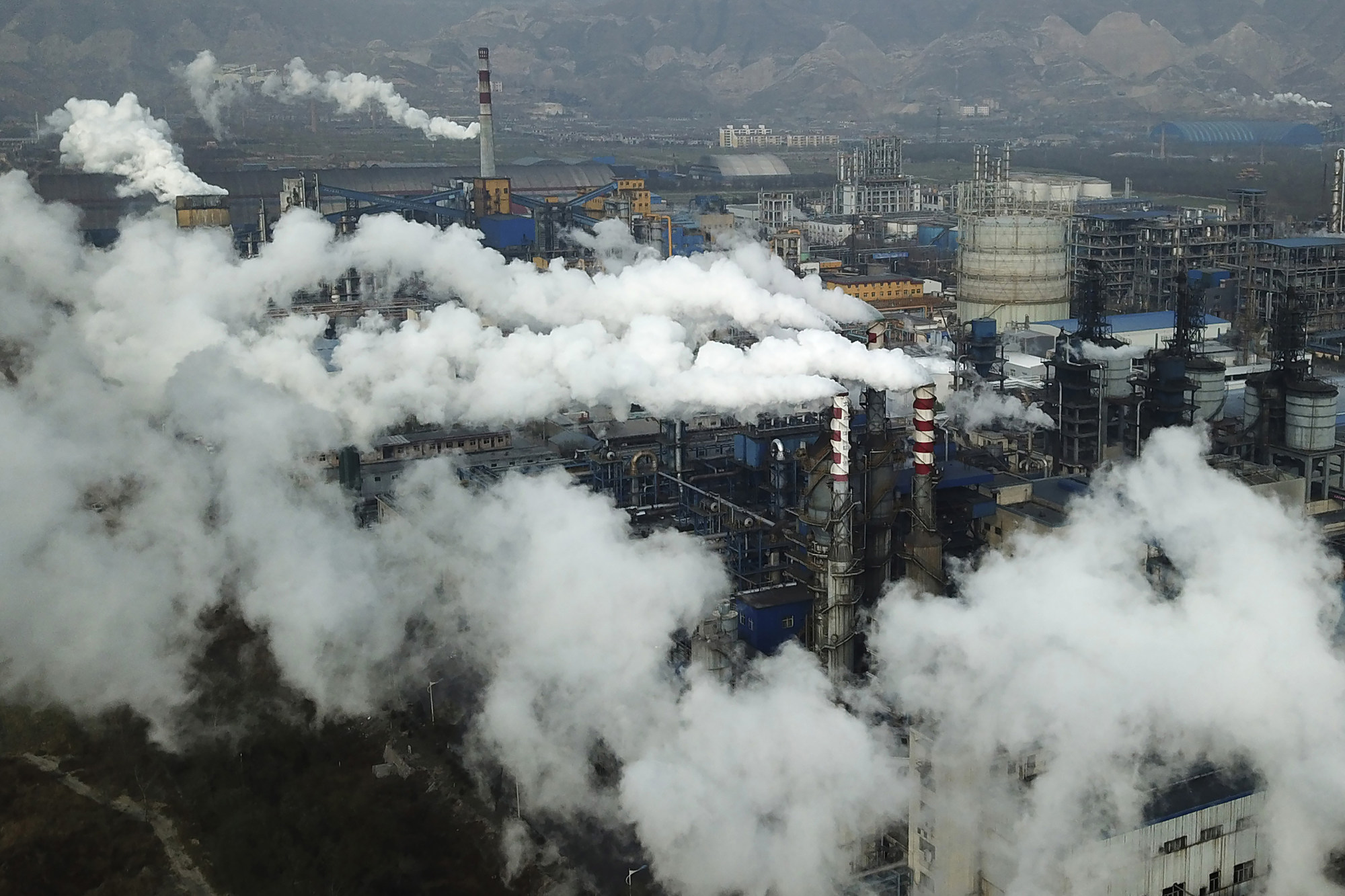
05 Apr Carbon finance: why deals to fund nature-based climate mitigation and adaptation no longer count on carbon credits
Financiers of nature-based projects that seek to reduce and capture carbon emissions while also enhancing developing nations’ resilience against climate change are focusing on investments that are viable even without carbon-credit revenues, according to Hong Kong-based capital providers.
Such projects appeal to more mainstream investors after controversies over the actual environmental benefits of certain forestry-protection projects upon which carbon credits are based, said Julien Martin, founder and CEO of Digital Climate Group (DCG).
“Before, people invested in these projects either because they are charities, or they were interested in the carbon credits,” said Martin, who previously held senior roles developing offshore yuan, bonds and carbon credit products at financial institutions.
“But now they do it because there are potential financial returns on top of these. The door has been opened to a whole new type of investor.”

As a result, trading volume has plummeted. Credits traded in the voluntary market – as opposed to the compliance market – fell to 49 million tonnes of carbon-dioxide-equivalent greenhouse-gas emissions in last year’s first 11 months, compared with 254 million tonnes in 2022, which in turn was just half of 2021’s volume, according to Ecosystem Marketplace.
It deploys blockchain and big data technology to meet investors’ demand for data that tracks the environmental and social impact of projects and to guard against greenwashing – the act of making unsubstantiated claims about the environmental benefits of a product or practice.
Can microscopic plants help fix the climate? Hong Kong start-ups think so
Can microscopic plants help fix the climate? Hong Kong start-ups think so
Martin said he is working on seven transactions and is in talks on a few dozen others, mostly nature-based initiatives for decarbonisation and biodiversity enhancement. Examples include bamboo and mangrove planting, biochar production and sustainable fish farming.
For example, one deal DCG arranged involves growing native bamboo in Africa on marginal land, harvesting the plant and processing it into food and construction materials.
Bamboo’s good mechanical properties, low cost, low carbon, environmental friendliness and thermal insulation mean it can replace polyvinyl chloride and concrete – both carbon-intensive materials – in construction.
The unwanted plant parts are then burned in the absence of oxygen in a process called pyrolysis, yielding biogas for electricity generation and biochar as a bio-fertiliser. The process removes carbon dioxide from the atmosphere and stores it underground.
Lisa Genasci, managing director of sustainable finance at ADM Capital, said her firm recently launched a fund that will provide credit to projects that deliver commercial returns without revenues from carbon credits, while reducing and sequestering carbon emissions, promoting gender equality and improving farmers’ livelihoods and land-use management.
‘Loopholes’ endanger Hong Kong’s status as green finance hub: Greenpeace
‘Loopholes’ endanger Hong Kong’s status as green finance hub: Greenpeace
“These projects have to stand on their own without revenue from carbon credits,” she said.
Hong Kong-based ADM Capital, which manages US$2 billion in funds, provides loans to underbanked mid-size companies in Asia to improve agricultural practices and better manage environmental and social risks.
Last December, ADM launched its first “impact fund”. With a target of US$200 million, it will finance sustainable agriculture, aquaculture and agroforestry in Indonesia. Agroforestry integrates tree planting with crop and animal farming to create environmental, economic and social benefits.
Current investors include The John D. and Catherine T. MacArthur Foundation, Packard Foundation, Calvert Impact Capital and Margaret A. Cargill Philanthropies, besides family offices RS Group and Ceniarth.
The fund will lend to agricultural commodities processors, which buy from farmers, who also need funds to reverse crop yield declines due to climate change, ageing trees and lack of crop diversity.
“Dry weather caused by climate change and this year’s El Nino weather pattern has almost halved yields in coconut trees in some places,” Genasci said. “Agriculture is a critical sector in Indonesia, yet not enough is invested in replanting, soil preparation and educating farmers on the appropriate use of inputs to support their yields.”
